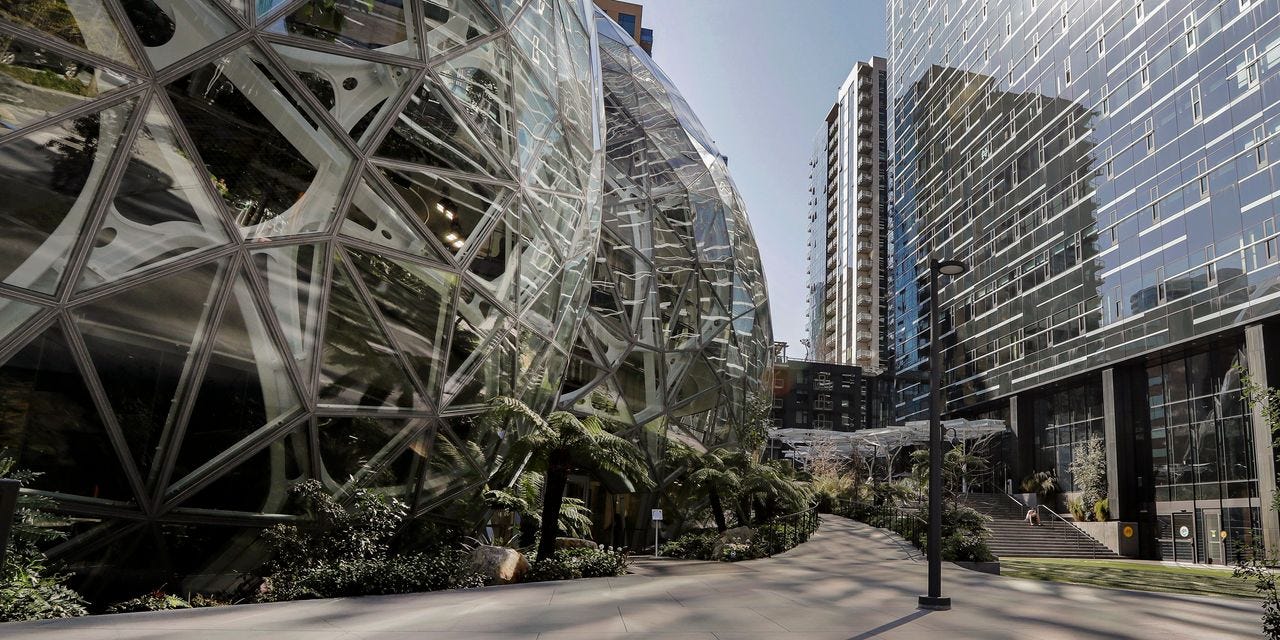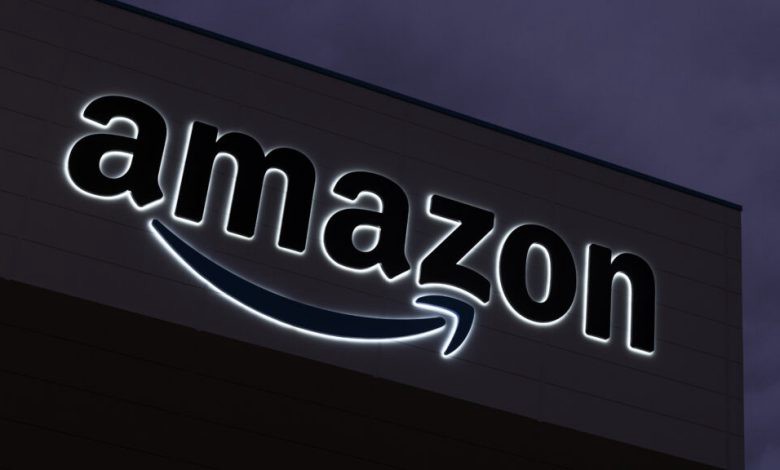Online retailer recently bought primary care company One Medical
The Wall Street Journal
By Sebastian Herrera
Updated Aug. 24, 2022
Amazon, with headquarters in Seattle, said its Amazon Care service wasn’t supplying a sufficiently robust product to potential business customers the tech giant is targeting. .PHOTO: ELAINE THOMPSON/ASSOCIATED PRESS
Site Editor:
Joaquim Cardoso MSc.
Health Transformation . Institute
Telehealth Unit
August 24, 2022
Amazon Inc. is closing its Amazon Care service as the company looks to retool its healthcare offerings following the purchase last month of a line of primary-care clinics.
The technology giant Wednesday said it had decided to shut down the business by year-end because it didn’t offer a robust enough service for the customers Amazon is targeting.
The unit has operated as an employee-based telehealth service that has also dispatched medical providers to patients’ homes.
“This decision wasn’t made lightly and only became clear after many months of careful consideration,” Neil Lindsay, senior vice president of Amazon Health Services, said in a memo to employees shared with The Wall Street Journal.
Online news outlets Fierce Healthcare and GeekWire earlier reported on Amazon’s plans to close Amazon Care.
The move reflects the difficulty tech companies continue to face as they seek to disrupt the healthcare industry. Amazon didn’t disclose any changes for its other healthcare units, including pharmacy business.
The move reflects the difficulty tech companies continue to face as they seek to disrupt the healthcare industry.
Amazon didn’t disclose any changes for its other healthcare units, including pharmacy business.

Amazon’s otherwise has shown great ambition in the healthcare industry, which Chief Executive Andy Jassy has earmarked as a priority.
The company last month announced plans to buy 1 Life Healthcare Inc. for $3.9 billion. 1 Life operates a line of primary-care clinics under the name One Medical. Amazon is also among bidders for healthcare company Signify Health Inc., The Wall Street Journal has reported.
The company last month announced plans to buy 1 Life Healthcare Inc. for $3.9 billion. 1 Life operates a line of primary-care clinics under the name One Medical. Amazon is also among bidders for healthcare company Signify Health Inc., The Wall Street Journal has reported.
One Medical will provide Amazon with more than 180 clinics with employed physicians across roughly two dozen U.S. markets.
One Medical Chief Executive Amir Dan Rubin is expected to remain as CEO once the deal closes.
Amazon is likely to face added challenges as it seeks to grow.
By purchasing One Medical, Amazon is up against established companies that include UnitedHealth Group Inc.’s Optum health-services arm and CVS Health Corp., in addition to hospital systems.
Those rivals have a significant head start on Amazon.
- UnitedHealth owns the largest U.S. health insurer and has built-in relationships with employers and a trove of healthcare data.
- CVS has upgraded stores to provide more healthcare services and aims to create a physician-staffed primary-care practice.
By purchasing One Medical, Amazon is up against established companies that include UnitedHealth Group Inc.’s Optum health-services arm and CVS Health Corp., in addition to hospital systems.

Amazon Care launched in 2019 and expanded from a service offered to employees in Washington state …
… to a telehealth service offered throughout the U.S. Amazon signed several agreements with companies to offer the service to their employees, including Hilton Worldwide Holdings Inc. and semiconductor maker Silicon Laboratories Inc., though the list remained short despite the company’s desires to grow quickly.
In some cities, employees who have used Amazon Care could begin in an app with a chat, continue with a virtual visit with a healthcare professional and include a home visit within an hour.
The service also has offered delivery of prescription medicine to a patient’s home.
In Seattle, roughly 30% to 40% of employees used the service in a meaningful way, the Journal previously reported.
In Seattle, roughly 30% to 40% of employees used the service in a meaningful way, the Journal previously reported.
Despite that promise, Amazon has had difficulty expanding the service beyond its own employee network.
Amazon is looking to disrupt a healthcare industry governed by state and federal regulations, as well as numerous companies and providers with established relationships.
An earlier attempt by Amazon to expand into healthcare through a joint venture with Berkshire Hathaway Inc. and JPMorgan Chase fizzled after three years.
An earlier attempt by Amazon to expand into healthcare through a joint venture with Berkshire Hathaway Inc. and JPMorgan Chase fizzled after three years.
Amazon Care has employed dozens of people including economists, engineers and business-development managers.
Mr. Lindsay in his note said employees affected could have an opportunity to join other areas of Amazon’s Health Services organization, and that the company would look to support employees seeking roles elsewhere.

Mr. Lindsay said he thought the healthcare industry remains ripe for innovation.
“As we take our learnings from Amazon Care, we will continue to invent, learn from our customers and industry partners, and hold ourselves to the highest standards as we further help reimagine the future of health care,” Mr. Lindsay wrote.
Originally published at https://www.wsj.com on August 24, 2022.
Names mentioned
One Medical Chief Executive Amir Dan Rubin
Neil Lindsay, senior vice president of Amazon Health Services,












